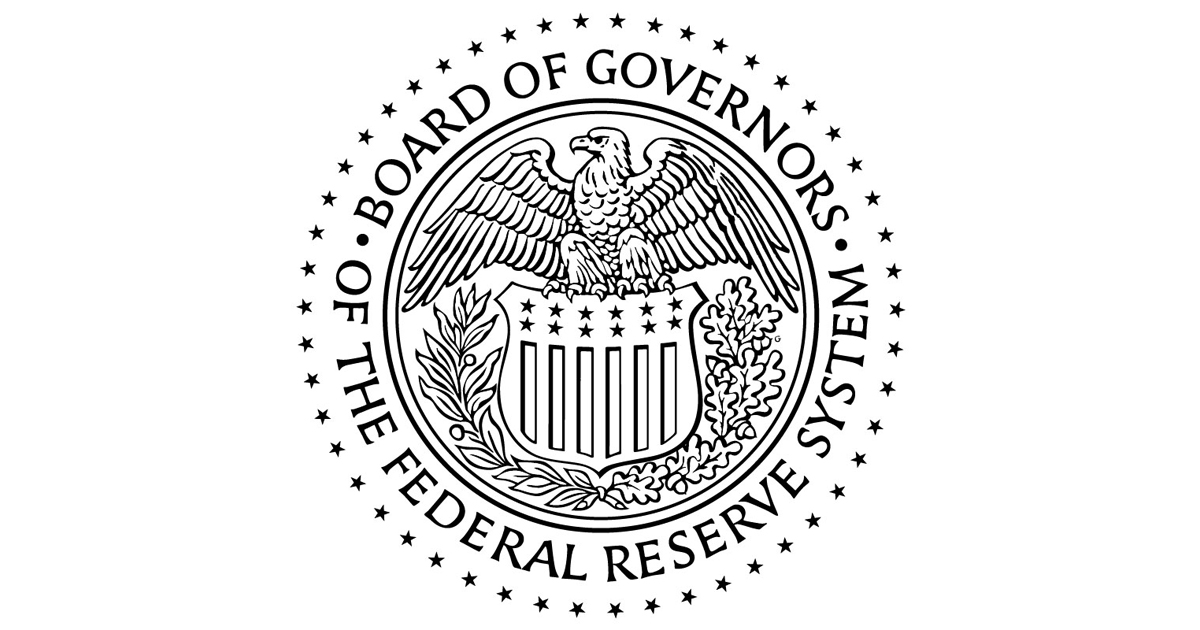Having a million in assets is far from a million in disposable income. My mother just died, and my brother and I divvied up insurance, savings, and an annuity left specifically to us, that totaled about $390,000. We have not liquidated her possessions, and I have inherited her jewelry. We also bother got part of her stock portfolio before she died. She had a $20,000 car, and the house where she lived with my stepfather (plus the property), which he retains, is probably worth $400,000. He bought it when he retired from the Navy after 30 years, about 22 years ago. He has his own savings and pension.
My mother had been a widow, and had assets that were supposed to carry her and my father both through retirement. When he died, she was living off their annuity that had been intended for two. So she had more disposable income than she had planned on, but she still had to be conservative. She didn’t want to touch the capital.
My stepfather doesn’t want to touch his capital either. He also doesn’t want to sell the house. So their joint assets probably totaled just over a million, and their monthly income with annuity, social security, and pensions, was probably around $10,000, with few bills, except when my mother had to take care of her mother in a nursing home.
They both came from working class families, and were in the first generation to go to college. My mother’s parents were immigrants. My stepfather was in the naval ROTC to pay for college, and then went to grad school on the government’s dime, so he had a master’s degree, and she had a Ph.D. He had achieved the rank of Captain in the Navy, which is like a Colonel in the Army.
They both worked very hard. They didn’t live high. They were used to very economical lifestyles as children, and so they were able to save and plan. I wish I were as good at it as they were. My husband and I have tried to work hard and save, but this inheritance has essentially doubled my own assets. Maybe by the time I am in my 70s, I will have $1,000,000 in assets, but I doubt it. However, I do have investments that are increasing, and my husband has a retirement plan at work. I may not be worth $1,000,000 in my 70s, but I will most likely be worth over $500,000.
My brother is already worth over $1,000,000; however, he lives in LA near Hollywood, in a house he just bought, and for a long time he was in a Hollywood apt. He works in the film industry, in the technical side of it, but he still needs to be close to where he works, and that’s an expensive place to live. My husband and I make only about 1/3 of what my brother and his wife make, but we outpace our expenses better than my brother does (even though he has a better head for investments), just because it’s so expensive where he lives.
I’ll bet a lot of the millionaires work in places where it’s really expensive, and a million doesn’t go very far.
